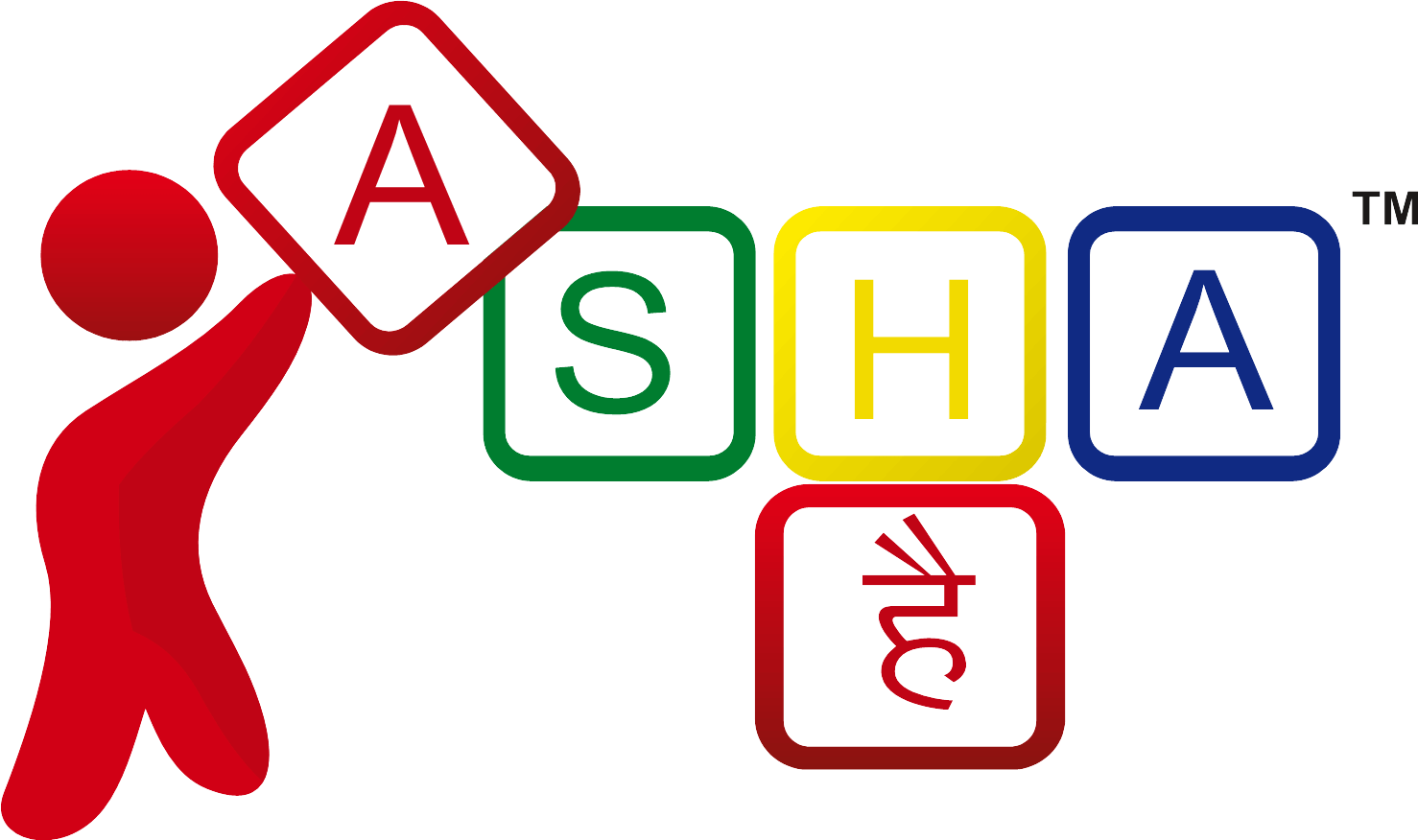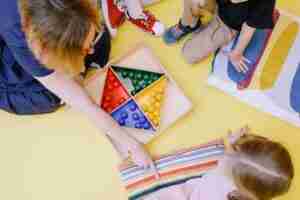Assessment for children with special needs is a crucial step in understanding a child’s abilities, challenges, and learning potential. It provides a structured framework to identify areas where support is required, allowing interventions to be targeted, effective, and meaningful.
Understanding the Purpose of Assessment
Assessment for children with special needs is not just about labeling or categorizing a child. Its primary goal is to:
-
Identify learning strengths and areas of difficulty
-
Understand social, emotional, and behavioral needs
-
Determine sensory, motor, or cognitive challenges
-
Guide personalized intervention plans
For example, a child who struggles with handwriting might also have underlying fine motor or visual processing challenges. Assessment for children with special needs can reveal these connections and inform practical strategies.
Methods Used in Assessment
A comprehensive assessment for children with special needs uses multiple methods to gather a complete picture:
-
Standardized Tests: Measure academic skills, cognitive abilities, and developmental milestones.
-
Observation: Understanding how a child interacts with peers, responds to instructions, and navigates tasks.
-
Parent and Teacher Input: Provides insight into the child’s behavior and learning in different settings.
-
Functional Assessment: Evaluates daily living skills, social interaction, and emotional regulation.
-
Sensory and Motor Evaluation: Identifies challenges in movement, coordination, or sensory processing.
Combining these methods ensures that assessment for children with special needs captures both abilities and areas requiring support.
Turning Assessment into Action
The most valuable aspect of assessment for children with special needs is its ability to inform actionable strategies. Once a child’s strengths and challenges are identified, interventions can be tailored to meet specific goals:
-
Developing communication or social skills
-
Building academic or problem-solving strategies
-
Enhancing self-care and motor skills
-
Addressing behavioral or emotional regulation
A structured assessment allows parents, educators, and therapists to coordinate efforts, ensuring that interventions are consistent and effective.
Supporting Families Through Assessment
Assessment for children with special needs also serves as a guide for families. Understanding a child’s unique profile empowers caregivers to provide the right environment and support. Families can learn:
-
How to structure routines for better focus and independence
-
Strategies to reinforce skills at home
-
Ways to support emotional and social development
-
When to involve additional professionals, such as therapists or counselors
Asha Hai provides guidance for families throughout the assessment process, helping translate findings into practical, everyday strategies.
Continuous Monitoring and Growth
Assessment for children with special needs is not a one-time event. Regular re-evaluation ensures that interventions evolve as the child grows. Children may develop new skills, face new challenges, or require adjustments in therapy approaches.
Tracking progress allows educators and therapists to celebrate achievements, identify emerging needs, and fine-tune strategies, ensuring that children continue to thrive.
Real-Life Applications
In practice, assessment for children with special needs may lead to specific supports such as:
-
Tailored learning plans in school
-
Speech or occupational therapy targeting particular challenges
-
Social skills groups to improve peer interaction
-
Emotional regulation strategies for home and classroom
By basing interventions on assessment results, children receive support that is personalised, practical, and meaningful, rather than generic or trial-and-error.



